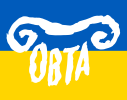Dr Hanna Paulouskaya
Faculty of “Artes Liberales”, University of Warsaw
e-mail: hannapa@al.uw.edu.pl
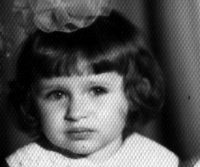
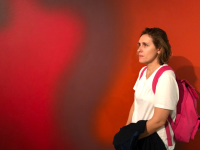 Born in the USSR, most of my life I lived in Belarus. I studied at one of the first departments of Classical Philology established in Belarus a few years after the country gained independence. Our professors “preached” about classical tradition that was alive in Belarus in early modern and modern times. I obtain my master’s degree at the Yanka Kupala State University in Hrodna, based on a thesis about “Gods and Fate in Homer’s Poems and Virgil’s Aeneid” (1999).
Born in the USSR, most of my life I lived in Belarus. I studied at one of the first departments of Classical Philology established in Belarus a few years after the country gained independence. Our professors “preached” about classical tradition that was alive in Belarus in early modern and modern times. I obtain my master’s degree at the Yanka Kupala State University in Hrodna, based on a thesis about “Gods and Fate in Homer’s Poems and Virgil’s Aeneid” (1999).
Afterwards, I worked at the Old-Prints and Rare Books Department of the Historical and Archaeological Museum in Hrodna. Under the supervision of Vanda Shotsik, we studied literary heritage of the region and published the Catalogue of Books Published in the 15th and 16th Centuries: From the Collections of the Hrodna State Historical and Archaeological Museum (2003).
I continued my education at the Institute of History of the Academy of Sciences of Belarus in Minsk (PhD in history, 2012, topic: Hrodna Monastery Chronicles as a Source for Local History (Second Half of the 17th and 18th Cent.), Advisor Heorhi Halenchanka). At the same time, I studied at the University of Warsaw, Faculty of “Artes Liberales” and the Centre for Studies on the Classical Tradition (OBTA). I had the privilege of being taught by prof. Jerzy Axer and prof. Zbigniew Kloch and I became part of the community which, in my estimation, is a living embodiment of the Republic of Letters. I defended my second PhD in literary studies in Warsaw in 2013, on the topic: Hrodna Monastery Chronicles. Genre Forms and Aspects of Communication, for which was awarded by the Prime Minister of Poland in 2014; my dissertation was published in 2016.
From 2016, I participate in the Our Mythical Childhood... project. I appreciate working closely with Katarzyna Marciniak and wonderful friends from all the continents. My current interest is the presence of antiquity in children’s culture of the Soviet Union, especially in animation and cinema for children. I work on the book Comrade Prometheus and Co.: Classical Mythology in Soviet Animations for Children and Young Adults. Hopefully, it will provide an interesting reading for you and me.
Books and edited volumes:
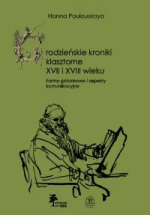
Paulouskaya Hanna, Grodzieńskie kroniki klasztorne. Formy gatunkowe i aspekty komunikacyjne [Hrodna Monastery Chronicles. Genre Forms and Aspects of Communication], Warszawa: DiG, 2016, 180 pp.
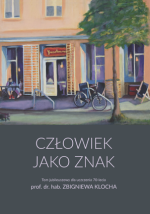
Człowiek jako znak. Tom jubileuszowy dla uczczenia 70-lecia prof. dr. hab. Zbigniewa Klocha [Man as a Sign. A Jubilee Volume to Celebrate the 70th Anniversary of Professor Zbigniew Kloch], Ewa Rudnicka, Marek Kaźmierczak, Hanna Paulouskaya, Ewa Szczęsna, Halszka Witkowska, eds., Warszawa: Wydawnictwa Uniwersytetu Warszawskiego, 2021, 504 pp., https://doi.org/10.31338/uw.9788323552529.
Articles:
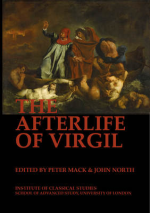
Hanna Paulouskaya, “Virgil Travestied into Ukrainian and Belarusian,” in Peter Mack and John North, eds., TheAfterlife of Virgil, Bulletin of the Institute of Classical Studies, Supplement, 136, London: Institute of Classical Studies, 2017, pp. 101–122.
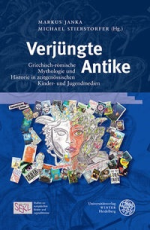
Hanna Paulouskaya, “Steht Herakles für den Westen? Oder: die griechisch-römische Antike im sowjetischen Animationsfilm,” in Markus Janka, Michael Stierstorfer, eds., Verjüngte Antike: Griechisch-römischer Mythologie und Historie in zeitgenössischen Kinder- und Jugendmedien,“Studien zur europäischen Kinder- und Jugendliteratur (SEKL)”, Band 5, Heidelberg: Universitätsverlag Winter, 2017, pp. 287–312.
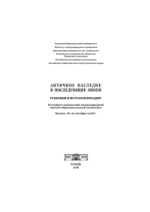
Hanna Paulouskaya, “Мифические мультики или Классическая древность в советской анимации для детей [Mificheskie mul’tiki ili Klassicheskaia Drevnost’ v sovetskoi animatsii dlia detei; Mythical Cartoons or Presence of the Classical Antiquity in Soviet Animation for Children], in Eduard Rung, Evgeny Chiglintsev, eds., Античное наследие в последующие эпохи: Рецепция или трансформация? Российско-германский международный научно-образовательный симпозиум (Казань, 18–20 октября 2018) [Antichnoe nasledie v posleduiushchie epokhi: Retseptsiia ili transformatsiia? Rossiisko-germansky mezhdunarodnyi nauchno-obrazovatel’nyi simpozium (Kazan’, 18–20 oktiabria 2018 g.; The Ancient Heritage in the Subsequent Epochs: Reception or Transformation? Russian-German International Research and Educational Symposium (Kazan, October 18–20, 2018)], Kazan’: Izdatel’stvo Kazanskogo universiteta, 2018, pp. 127–133.
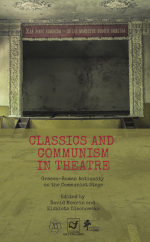
Hanna Paulouskaya and Maria Pushkina, “The Presence of Antiquity in Belarusian Soviet Theatre: the 1920s,” in Elżbieta Olechowska and David Movrin, eds., Classics and Communism in Theatre: Graeco-Roman Antiquity on the Communist Stage, Warsaw: DiG, 2019, pp. 77–98.
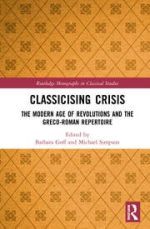
Henry Stead and Hanna Paulouskaya, 2020 “Classics, Crisis and the Soviet Experiment to 1939,” in Barbara Goff and Michael Simpson, eds., Classicising Crisis. The Modern Age of Revolutions and the Greco-Roman Repertoire, London and New York: Routledge, 2020, pp. 128–147.
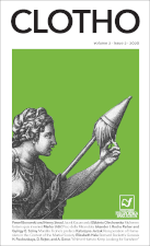
Dorota Rejter, Hanna Paulouskaya, and Angelina Gerus, “It Never Hurts to Keep Looking for Sunshine”: The Motif of Depression in Works for Children and Youth Inspired by Classical Antiquity, Clotho 2 (2020), pp. 127–154.




